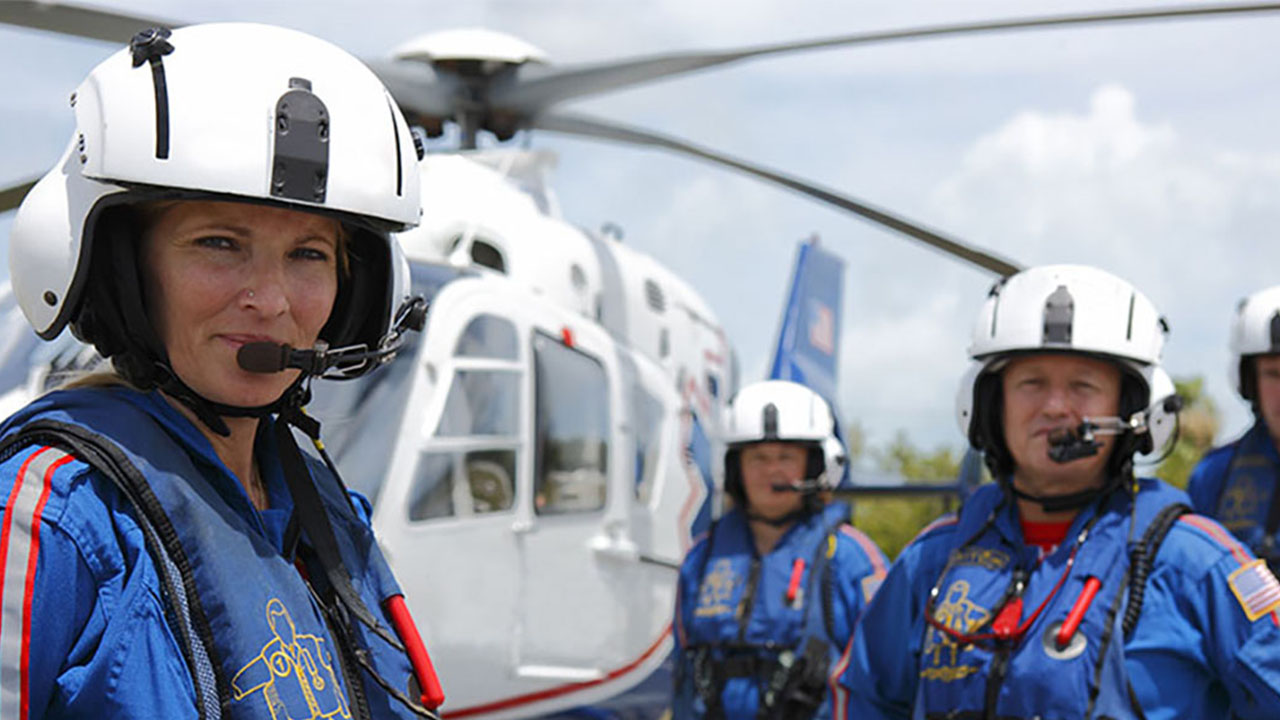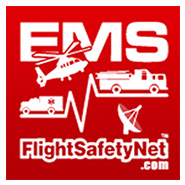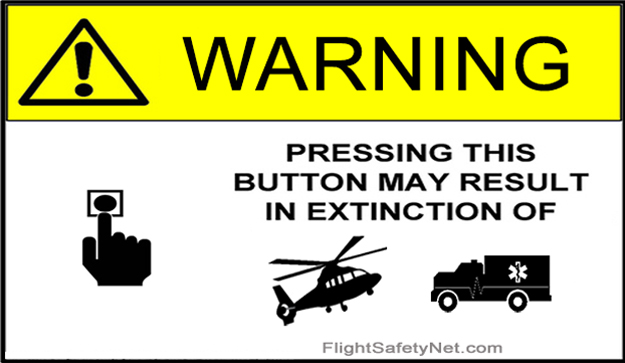—And Why Social Media Isn’t Good Enough
Wouldn’t it be nice…
If doing a great job were enough?
Enough to get your air medical base or ambulance service noticed, enough calls to thrive financially, and enough cases to satisfy your trauma junkie cravings?
Because that’s the story we all tell ourselves, right?
If I do a really good job, we’ll get more calls and stay operational forever.
If I do my best, I can save lives and work this dream job forever.
Unfortunately, it’s all a big fat lie.
When EMS Skill Doesn’t Matter
Your skill as a medic, nurse or pilot has nothing to do with the long-term success of your EMS or air medical base. Nothing.
Don’t misunderstand me. Of course what you do as a nurse, medic, or pilot, matters a lot in regard to lifesaving. It just makes very little difference in regard to your bases’ survival and longevity.
It’s unfair, but it’s true.
What does matter?
Marketing. Or outreach, if you prefer the medical term for marketing.
How To Live Your Dream And Guarantee Your EMS Bases Survival
Is it possible to do a great job, love what you do and simultaneously have your ambulance service or air medical base, thrive and succeed?
Yes, of course.
That’s what this article is about.
Warning signs to monitor the health of your ambulance service or air medical base.
This article explains 5 warning signs that signal your EMS base or air medical program needs a website now. The warning signs are signals to act. Don’t wait until your competition acts first and takes over some of your EMS turf.
Here are the 5 Warning Signs Your EMS Base Needs A Website
1.) You get calls or questions about your next education event
If you work for a reputable air medical service, you’re more than likely involved in sponsoring education events for local EMS providers.
If you find yourself constantly answering questions or taking calls about the details of your next EMS education event…here’s your sign.
A website can act as a clearing house for all your educational opportunities and events.
2.) Local EMS and the general public wants to know more about what you do
Are you routinely answering questions about what you do and how others can follow your example?
Do locals ask you about how they can become and EMT or paramedic?
Do parents inquire about how their sons or daughters could follow your career example?
Again, here’s your sign. A website is a central location to send all these inquiries for general information. It’s also a great place to feature some of your in-house paramedics and EMTs.
Smart companies don’t try to control the media its employees consume. They know it’s virtually impossible to do. And they also know it’s much smarter and profitable to give their employees a platform (like a website) and let them share their message.
3.) Locals mention they didn’t know you had a base here
I flew Helicopter Emergency Medical Services (HEMS) for 13 years. I went to more public relations events at local schools, local airports, and my own HEMS base than I can remember.
Not one time did someone from the general public know the location of our base before visiting. Never.
People knowing what local EMS does is another one of those lies EMSers tell themselves.
It usually goes something like this: I fly a lot, I help a lot of people and a lot of people know what I do. All true, except for the part about other people knowing what you do.
Other people don’t know what you do. But a website can help educate them and get you known much quicker than any other tool, including social media.
4.) You get calls or questions about Ride-along or Fly-along Days
Want to upset your local flight crew?
Interrupt their safety nap with a phone call about how to sign up for fly-along day.
Of course you won’t be able to tell their upset or know you woke them up. You’ll just have to trust me on this one.
But there is a better way. A website can share all the details about your EMS ride-along or fly-along program. And it’s accessible 24 hours a day on a website.
5.) You don’t have a central location to send people when they ask questions
What’s your EMS bases current system for capturing leads? Do you have a central location you send all people interested in more information about your program?
If you don’t have a central location, you’re making a mistake and some leads are inevitably getting lost in the shuffle.
A website contact form solves this issue quickly. A website contact form generates a written version of the question or request that can now be tracked, answered, or forwarded.
It’s a much better system than transferring calls or trying to forward voice messages.
What To Do When Thinking Isn’t Authorized
I know what you’re thinking and some of it is justified.
“I don’t know anything about websites and making a website isn’t my job.” Or, “the hospital or health system is in charge of websites, not flight medics and flight nurses.”
For a moment, think about what this really means. Your statement may be true, but does it make any sense to you?
If you’re the front line face of your service, shouldn’t you be the one in charge of collecting new leads and the design of the website?
Easy answer.
Yes, you should.
But I also understand that’s not how things are typically structured at air medical programs and ambulance services.
So if you care about the longevity and survival of your EMS or air medical base, you really only have two choices:
- Create your own unofficial website
Influence how your administrative team will create your website
Hopefully this article has already convinced you of the need for every EMS and air medical service to have a website.
What About Social Media?
When I advise companies on how to optimize their websites for leads or sales or search, I typically get comments like “We use social media for that. Or, that’s what our facebook page is for.”
There is a time and a place for social media. And there are times when social media contributes to the success of your EMS, air medical base or business.
But let me be clear. Social media IS NOT a replacement for a website
Thinking social media can replace a website is a big mistake. Here’s why:
- You don’t own social media.
Social media constantly changes.
A website is the foundation of your EMS marketing efforts. Every EMS and air medical service needs one.
A website is the basic tool ambulance and air medical services (and businesses) use to grow their programs. It’s also something you can directly influence or outright control, as an EMS operator.
You don’t need permission to launch an unofficial website, and if you do it right, your unofficial site will quickly become the one everybody visits.
The only question is how badly you need a website. Use the five warning signs above to gauge how quickly you should create or update your EMS website.
[divider style=”4″]
Want EMS and air medical tips sent straight to your inbox? Get The Net newsletter. Sign up here (it’s free):
[shortcode-variables slug=”optin-form”]



2 replies to "5 Warning Signs Your EMS Base Needs A Website"
Hey Troy. If anyone wants help with what you talked about. Have them contact me.
Hi Jim,
Thanks for the kind offer. I appreciate it and I’m sure others do as well.
Have a great new year!
Clear Skies & Tailwinds